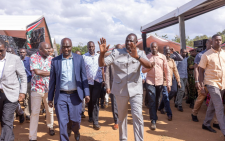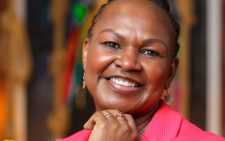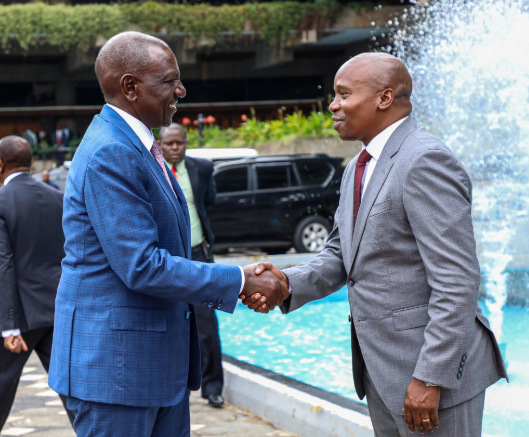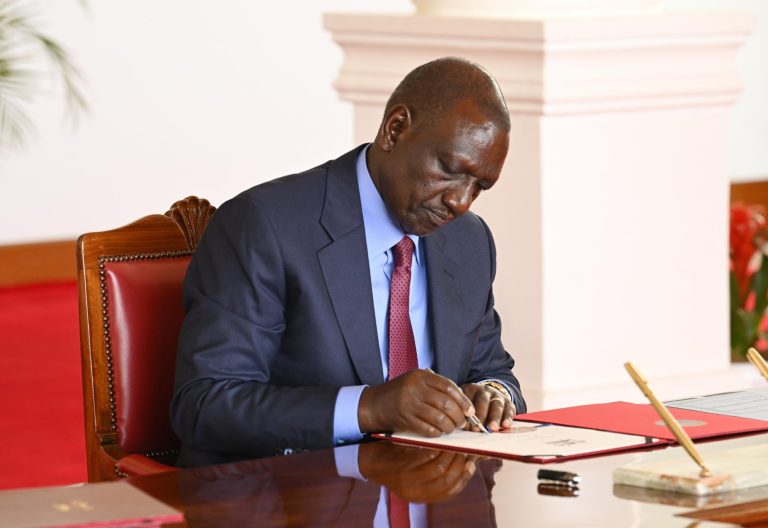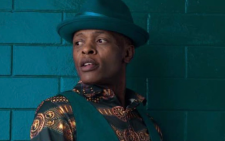From Jomo to Ruto: How presidency has changed
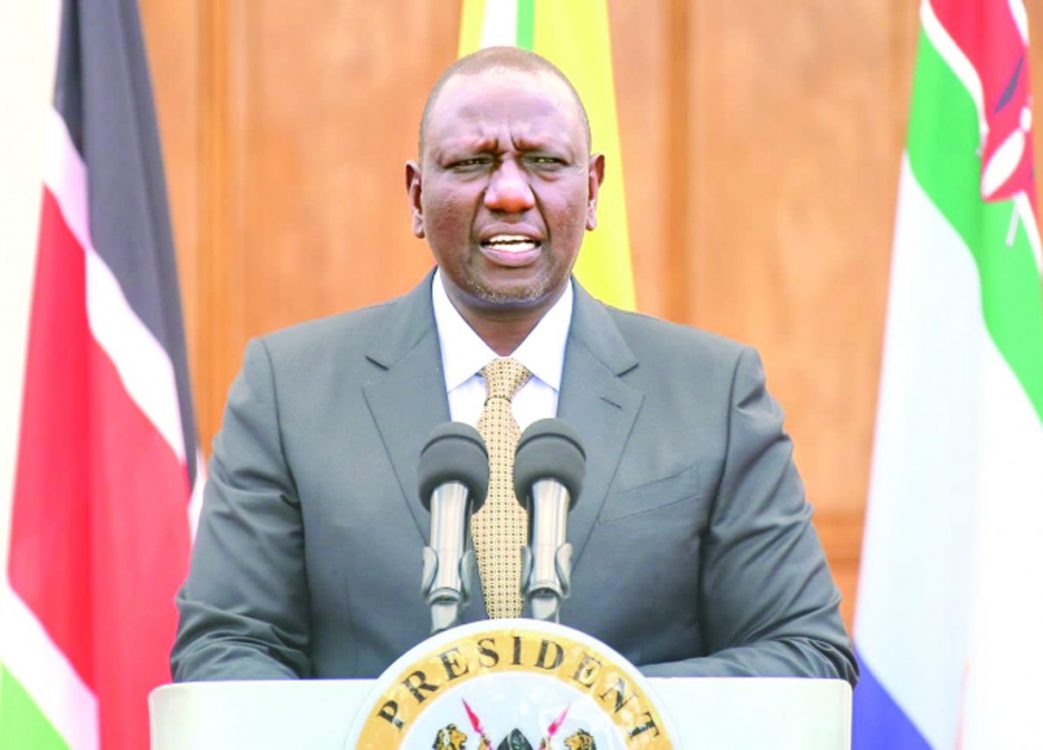
A new set of reporters are setting tongues wagging through their work. Last year, during the so-called presidential debates, reporters made some of the candidates uncomfortable through their questioning. The same was displayed this past week when President William Ruto had a live interview with reporters.
Away from the conduct of the interview itself, it was not clear what the session was supposed to achieve. Three hours of exchange between the Head of State and a host of reporters left the audience exhausted and unclear about the President’s intended message.
A focused 15-minute address to the nation would have been sufficient. Then the President’s handlers could have been rolled out to explain the nitty-gritty of the President’s message through the various channels. The wisdom of a three-hour-long talk eludes some.
Be it as it may, the journalists who got to ask the President some questions did not hold back. They took him to task on many issues. It left some, particularly the conservative ones, to wonder whether a President should be confronted.
This country has been independent for six decades, with four presidents already, and is now on the fifth. The leadership styles of these presidents could not have been more different from each other. The first president fitted into the sage classification, from dressings to mannerisms. Mzee Jomo Kenyatta was an elderly statesman who went around with a fly whisk. Sometimes his language could be complex, nearly embarrassing. Citizens referred to him as an elderly statesman and as a respected African elder. You did not question him.
He was succeeded by Daniel arap Moi, who exhibited some of Kenyatta’s characteristics. He dressed regally, carried himself with dignity and broached no questioning. It is hard to remember how many times Moi entertained a local press conference in his 24 years in the office. But his functions were always the leading items in news bulletin. It helped that for much of this time, there was only one radio and TV station and none broadcasted around the clock.
President Mwai Kibaki came to power after a robust civil society drive. The Kenya of 2002 had witnessed international upheavals and civil strife in which strong leaders had been forced out of office, and the fear of the big man was receding.
Kibaki addressed the press many times even though he was a man who left his work to speak for itself most of the time. Kibaki and his successor, Uhuru Kenyatta, were in office when times had changed. The sage perception of the presidency had dissipated, and the public knew that presidents come and go; the most they can stay is a decade. But society has also become more liberal, with go; the most they can stay is a decade. But society has also become more liberal, with previous assumptions now easily interrogated.
It is near impossible to be a regal president in Kenya today. Once the president opens himself to regular public appearances and press conferences, he or she automatically begins to attract questions.
It is not only the presidency that is changing – journalism is changing too. Today’s journalist is not just a storyteller who lives rough but a refined professional who measures his performance against the best in the world’s leading press. They watch the Prime Minister questioned at 10 Downing Street and the world’s most powerful man answer reporters at the White House. Not only that, but they also watch the symbols of authority in their lives – the teachers – being treated with disdain by those in power and religious leaders misbehave, and thus their fear of authority disappears. For them questioning the president is just another day at work. Thus, the president will be questioned and many factors make this a foregone conclusion.
Kenyatta oozed fear and respect, Moi oozed power and stateliness, and Kibaki epitomised gentleman mien. This was scaled down dramatically by the rise of the dynamic duo showing up to work in shirts without coats suggesting the rule by youngsters. To the extent that the presidency as an office has been scaled down, it has opened those who occupy it to be questioned at every time. In any case, it is part of the trappings of a democracy.
—The writer is the Dean, School of Communication, Daystar University
